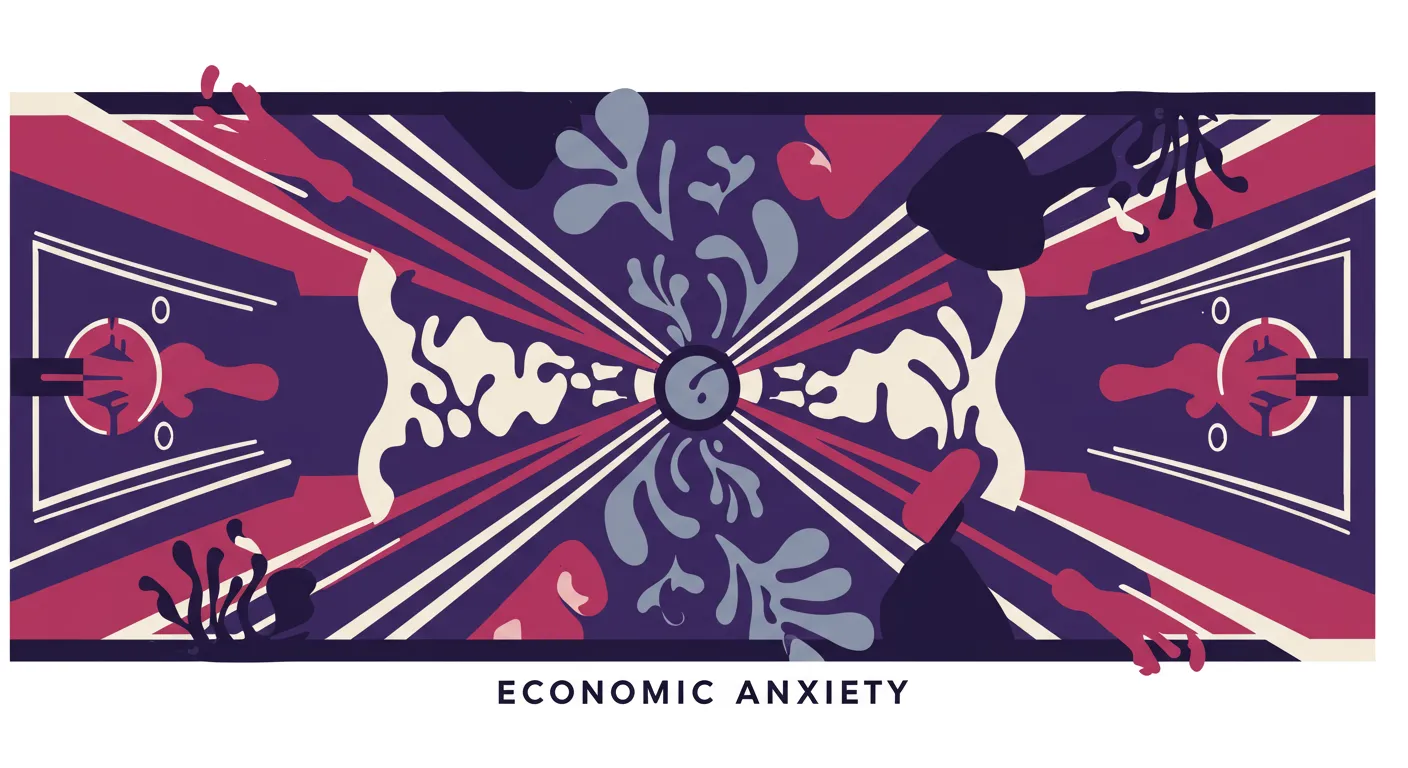The recent decline in tax return filings, with nearly one million fewer submissions compared to previous years, is more than just a statistical anomaly—it's a window into the complex financial challenges facing American taxpayers.
Online commentators are offering intriguing insights into this trend, revealing a growing comfort with tax extensions that goes beyond traditional procrastination. What was once seen as a last-resort option is increasingly becoming a strategic financial planning tool for many households.
The rise in extension requests suggests a broader narrative of economic uncertainty. With inflation, unpredictable job markets, and ongoing economic volatility, many Americans are choosing to buy themselves additional time to assess their financial situations. The extension isn't just about delaying paperwork; it's about gaining breathing room in a challenging economic landscape.
Some online discussions hint at a generational shift in tax filing attitudes. Younger taxpayers, in particular, seem more willing to leverage available extensions, viewing them as a flexible approach to financial management rather than a sign of fiscal irresponsibility. This reflects a broader trend of reimagining traditional financial norms.
The broader implications are significant. Fewer immediate tax filings could signal deeper economic stress, potential changes in employment patterns, or a growing sophistication in personal financial strategies. What was once a straightforward annual ritual is now becoming a more nuanced financial decision for many Americans.


